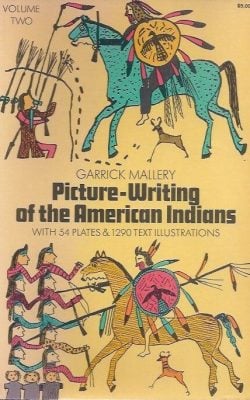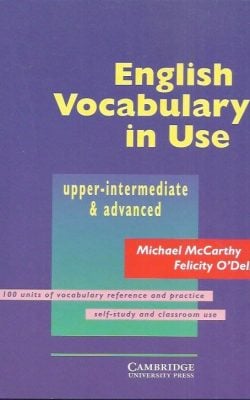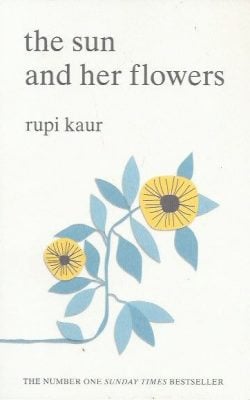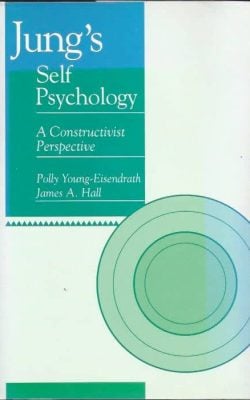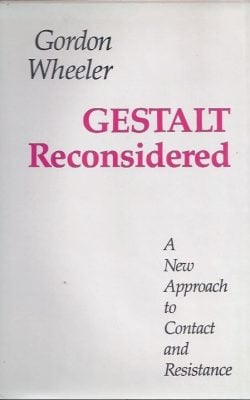- Top kwaliteit tweedehands boeken
- Gratis verzending vanaf €30
- Veilig betalen met iDeal of Paypal
| Staat | |
|---|---|
| Titel | |
| Schrijver(s) | |
| Uitgever | University of Massachusetts Press, Amherst & Boston, Lincoln Institute of Land Policy |
| Publicatiedatum | |
| Aantal bladzijden | |
| Genre | |
| EAN |
People and nature in the 21st-century city.
Four-fifths of Americans now live in the nation’s sprawling metropolitan areas, and half of the world’s population is now classified as urban. As cities become the dominant living environment for humans, there is growing concern about how to make such places more habitable, more healthy and safe, more ecological, and more equitable – in short, more humane. This book explores the prospects for a more humane metropolis through a series of essays and case studies that consider why and how urban places can be made greener and more amenable. Its point of departure is the legacy of William H. Whyte (1917-1999), one of America’s most admired urban thinkers. From his eyrie high above Manhattan in the offices of the Rockefeller Brothers Fund, Whyte laid the foundation for today’s smart growth and new urbanist movements with books, such as The Last Landscape (1968). His passion for improving the habitability of cities and suburbs is reflected in the diverse grass-roots urban design and regreening strategies discussed in this volume. Topics examined in this book include urban and regional greenspaces, urban ecological restoration, social equity, and green design. Some of the contributors are recognized academic experts, while others offer direct practical knowledge of particular problems and initiatives. The editor’s introduction and epilogue set the individual chapters in a broader context and suggest how the strategies described, if widely replicated, may help create more humane urban environments.
€12.95
1 op voorraad
Bekijk ook deze eens
